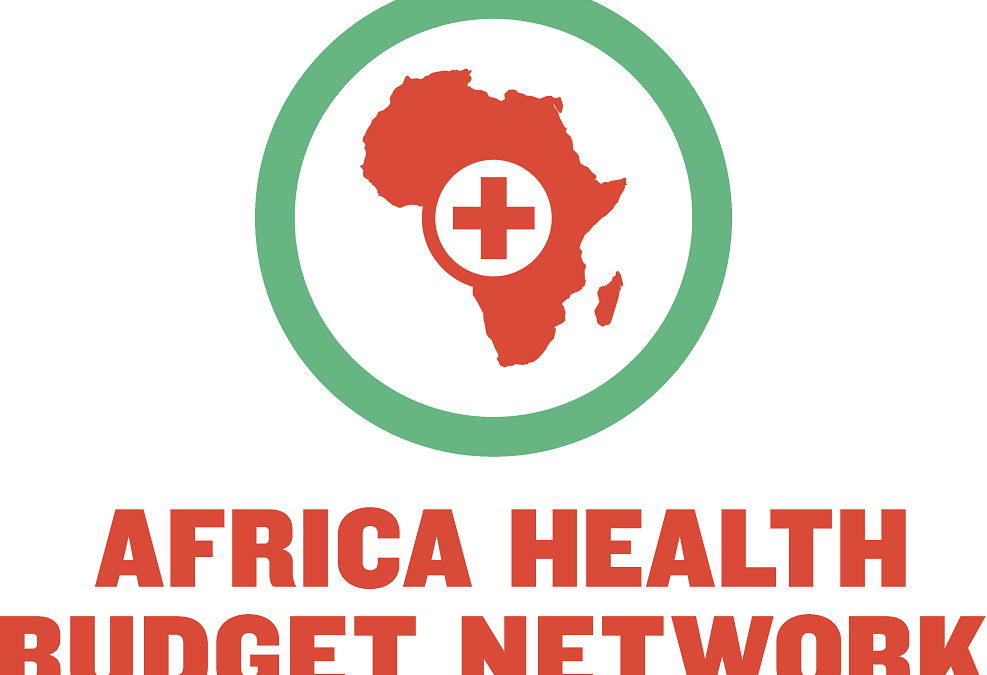By Iyemah David
The Africa Health Budget Network (AHBN) has commended the Coordinating Minister of Health and Social Welfare, Professor Muhammad Ali Pate for engaging with media on Nigerian health issues.
The Coordinator of AHBN, Dr Aminu Magashi Garba told newsmen on Tuesday at the sideline of a one-day workshop with the theme “On the Importance Aspect Preventing Cancer and Human Papillomavirus Vaccine” The Role of The Media.
Dr Magashi had earlier advocated for the reactivation of the culture of holding bi-monthly media engagements to inform Nigerians of developments in the health sector.
He made the call in Abuja when the newly elected executive members of the Association of Nigerian Health Journalists paid him a courtesy visit.
Magashi said the bi-monthly media engagements enhance feedback with the populace and engender accountability.
The bi-monthly briefing was introduced by the Federal Ministry of Health in partnership with AHBN, to provide a platform for updates on developments around efforts made to contain COVID-19, Lassa Fever, routine immunisation coverage, and reproductive health initiatives, among others.
He said that Prof. Pate’s commitment to the media on Nigerian health issues with a focus on transparency and accountability was essential for promoting trust and ensuring that Nigerians were well-informed.
“Transparency and accountability in the health sector are essential for building public trust and ensuring that resources are effectively used to address Nigerian health issues.
“Collaborating with the media is a critical step in achieving these goals. So, the minister is greatly commended.
“I am happy that Pate on the ministry’s Renewed Hope for Nigeria’s Health and Social Welfare assured the media of working with them to actualise the ministry’s four-point agenda.
“This will hope the ministry will provide the media with regular updates and comprehensive reports on health issues, programs, and expenditures, ensuring transparency and accountability in the allocation of resources, so this is commendable by the minister,” he said.
The coordinator said that the one-day workshop would discuss how the media can play a pivotal role in disseminating accurate information about the HPV vaccine, addressing misconceptions, and encouraging vaccination.
He emphasised the importance of cancer prevention, especially through vaccination, which was crucial for public health.

“Educating the public about the Human Papillomavirus (HPV) vaccine and its role in preventing certain cancers, including cervical cancer, is essential.
He explored how health journalists could collaborate with relevant agencies l to launch public awareness campaigns on HPV vaccination.
He said there was a need to address the challenges journalists face in countering misinformation and scepticism about vaccines, and strategies to overcome them.
He, however, examines how different countries use the media in promoting HPV vaccination and lessons that can be applied in the country.
He advised the media to work collaboratively with all relevant agencies to ensure that the HPV vaccine for girls ages nine to 15 is possible in the country.
“Cervical cancer is preventable, and the HPV vaccine is our shield against it.
By ensuring that young girls get vaccinated, you are not just protecting them, but also contributing to a world where this cancer is a thing of the past,” he said.
Nigeria’s Government has shifted the date for the introduction of the HPV Vaccine earlier scheduled for September 25 to October 24.
The Executive Director and Chief Executive Officer of the National Primary Health Care Development Agency (NPHCDA), Dr Faisal Shuaib, made this known.
The introduction of the vaccine was scheduled to kick off in 16 states – Abia, Adamawa, Akwa Ibom, Bauchi, Bayelsa, Benue, Enugu, FCT, Jigawa, Kano, Kebbi, Lagos, Nasarawa, Ogun, Osun, and Taraba.
Cervical cancer is a type of cancer that occurs in the cells of the cervix. Various strains of the HPV, a sexually transmitted infection, play a role in causing most cervical cancer.
The HPV vaccine has the potential to prevent more than 90 per cent of HPV-attributable cancers.
In Nigeria, an estimated 14,000 women are diagnosed with cervical cancer, and 7,968 women die from the disease every year.

